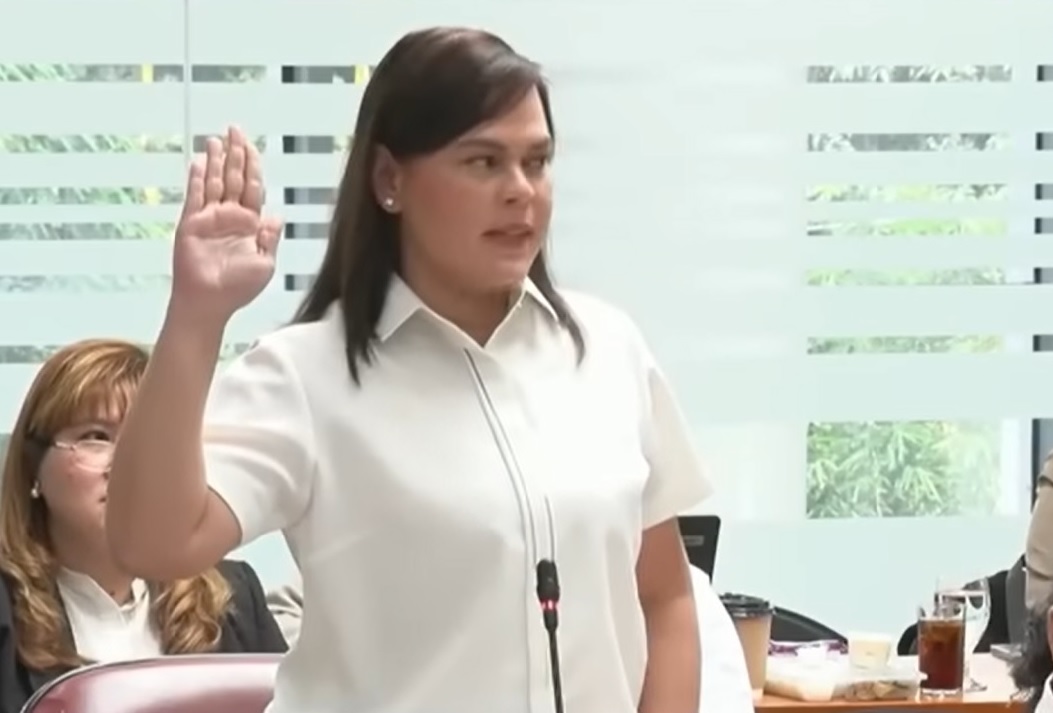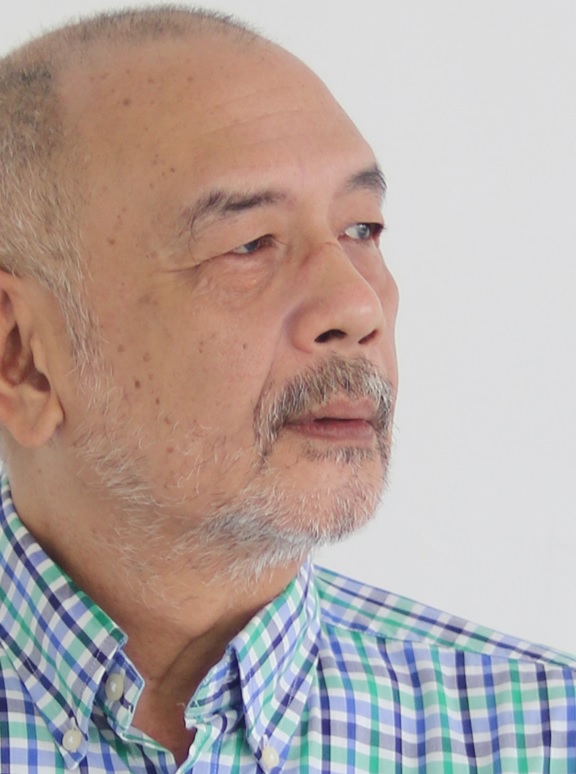In 2005, Japanese political science scholar Yuko Kasuya of Keio University studied the extent of political patronage in influencing the impeachment in the House of Representatives of President Joseph Estrada. In particular, she asked why political patronage from Estrada as sitting president was effective for some legislators but not for others.
Kasuya found the conditions. When Estrada was impeached in the House, many of the endorsers were actually Estrada’s own party mates in his LAMP coalition (Lapian ng Masang Pilipino). Those who voted to impeach were mostly congressmen who switched (turncoated is the correct description) to LAMP after Estrada’s 1998 victory at the polls. These were the congressmen who received less patronage rewards from Estrada compared to those who were already with LAMP during the elections, and thus were rewarded with better monetary largesse.
Impeachment as a quasi-judicial process involves calculated political moves, not to mention risks. So why are the three impeachment complaints filed in the House against Sara Duterte taking so long to progress? The evidence for her impeachability has been laid brazenly bare before the Filipino public. There is little debate about whether she committed impeachable acts – the widespread clamor for her impeachment says the public is convinced. The reason for the delay – the method of political patronage is being configured as we write. That includes how much it will cost.
Congress is to resume on January 13. The long Christmas recess is being utilized to stop the possible gaps, particularly the loyalty of legislators to the sitting administration. There are two crucial steps: will there be enough 1/3 of House members who will endorse the impeachment to the Senate? Secondly, and probably the more crucial step – will there be at least 2/3 of the senators who will vote to convict? The latter involves 16 votes even if the current senate membership is only 23.
Talks have been going the rounds that a manifesto supporting the impeachment has been circulated since the Christmas break for the legislators’ signatures. This manifesto is important because once signed by at least 1/3, it will skip plenary debates and will be transmitted immediately to the senate. It is a method that is prescribed constitutionally in Article XI Section 3 (4) of the 1987 Constitution.
A pro-impeachment blogger has offered the information that members of the Makabayan Bloc in the House have already signed the manifesto. But here’s the bottleneck – the rest of the House members are signaling to the administration at what price their signatures will cost. Plain and simple, they are asking the price of their political patronage.
A Makabayan Bloc party list representative I spoke to say they have not heard of such impasse. “There is no problem with the House’s 1/3 vote; many congressmen do not need to be convinced to vote for impeachment,” the representative said.
What they do know, however, is that the manifesto with the 1/3 signatures is being withheld until such time that there is concrete assurance of the Senate’s 2/3 vote. And that is what is being maneuvered during this Christmas break until Congress resumes on January 13.
That is a vital and central focus. For it would appear that some senators are still of the belief that there remains a residual Duterte popularity factor. For reelectionist senators (and those who have dynastic family members running in the local elections), this can affect their chances at reelection.
That is compounded by a recent finding that there are still Duterte Diehard Supporter (DDS) troll farms, many of which have been found to have digital addresses based in the Red Chinese mainland. Senators do not want to be at the receiving end of DDS political trolling. Senator Joel Villanueva, for one, has two other family members running in the local elections.
The senate vote, by operation in history, is certainly and absolutely dependent on political patronage. At the start of the Renato Corona impeachment trial, there were reportedly only 10 senators who were trending for conviction. On verdict day, 20 senators convicted Corona. After the conviction, it came out in the open that P50 million in discretionary funds were given as “incentive” to each senator judge, albeit given as post-impeachment pork. Senators Franklin Drilon, Ralph Recto and Serge Osmeña confirmed receiving.
The three senators who voted to acquit – Joker Arroyo, Miriam Defensor Santiago, and Ferdinand Marcos Jr., did not receive P50M each. Marcos knows very well how to navigate the senate into political patronage.
How much will senator judges receive this time as incentive to vote to convict? It would be naïve to think that that is not part of the holiday recess conversations.
INC factor
But there is another critical factor that is also being considered, says the Makabayan Bloc representative. And that is the planned Iglesia ni Cristo rally. Congressmen running for reelection will be in need of the INC bloc votes in the forthcoming May elections.
The so-called INC vote does not appear to be solid. In 2016, a group of “INC Thinking Voters” revealed their defiance of the sect’s dictation. In 2018, this writer had spoken to a former INC member who confirmed that not all sect members follow the dictum of the executive minister.
For the record, there were INC members who defied the Marcos-Duterte endorsement in 2022 and voted for Leni Robredo.
The problem, however, with the INC bloc vote is the formidability it presents, real or imagined. A voter from Laguna told this writer how Dan Fernandez of Santa Rosa’s lone congressional district and one of the House’s Quad Committee’s fighting committee chairs, is currently trailing behind in the surveys for Laguna governor that he is running for. Even if the INC vote is partly myth, it carries with it a strong public perception that can affect voters’ opinions, ergo induced by false perceptions.
And so one strategy being planned in the House during this Christmas break is a mobilization that can counter the INC’s. As yet, there is no indication if the Makabayan Bloc will spearhead this. On the other hand, a coalition of 25 pro-impeachment bloggers and podcasters led by the Bunyog Pagkakaisa party list’s nominee Ricky Tomotorgo has scheduled a mass mobilization on January 18 independent of the House.
Hence while these delays are causing much disappointment to a public that has increasingly grown weary of an unhinged Sara Duterte, the wait has become excruciatingly slow. Many would like to see her impeached and it is not because they are not on her side in the Team Unity fracas but because she herself has self-destructed to reveal her dangerous side for graft and corruption.
Political patronage or not, Sara Duterte must be convicted in an impeachment court and penalized with a perpetual ban from public office.
The views in this column are those of the author and do not necessarily reflect the views of VERA Files.

